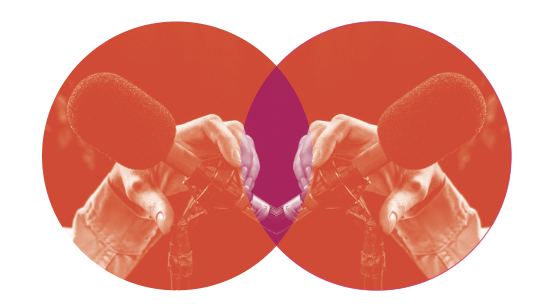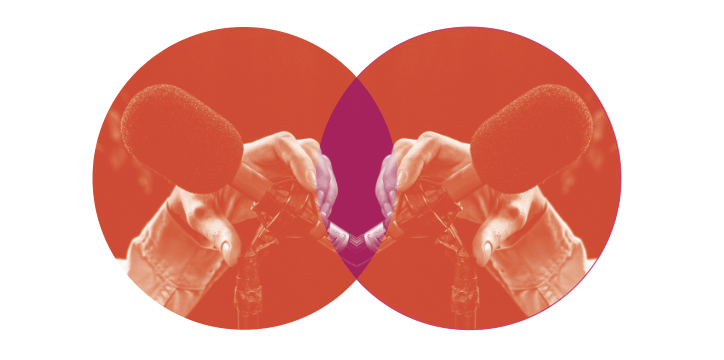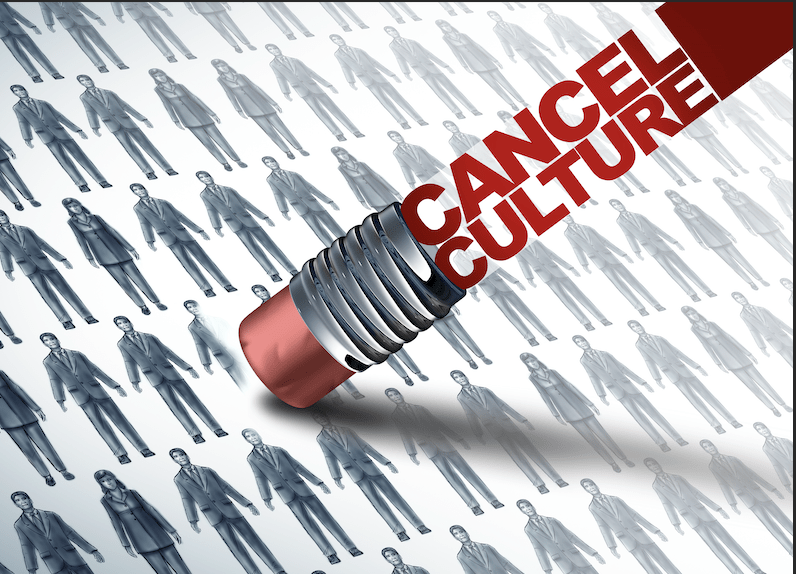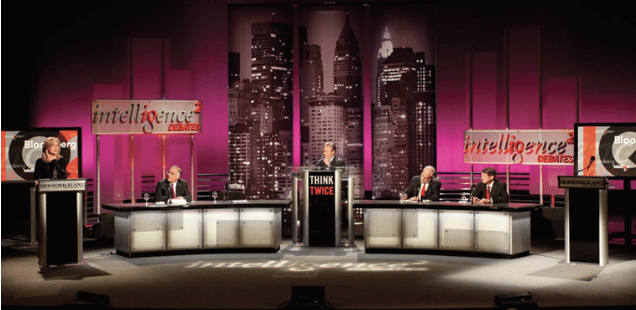Should INDIVIDUALS Invest on Their Own?
Intelligence Squared U.S.invites some of the world’s brightest thinkers to debate issues. The organization was founded in New York in 2006 to promote intellectual diversity by fostering respect for differing opinions.
The following excerpts come from an April episode of the Agree to Disagree series where The Wall Street Journal columnist Spencer Jakab and tastytrade co-founder and co-CEO Tom Sosnoff discuss the role of retail traders in the financial markets.
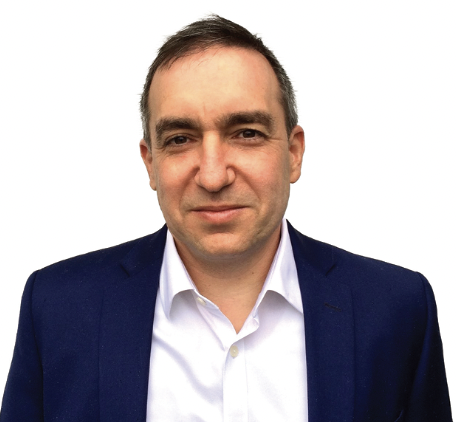
Spencer Jakab: People should be in the market. It’s important to be invested in the stock market, but it’s far more profitable to do it in a hands-off way. The evidence is extremely strong.
Tom Sosnoff: I am 1,000% in disagreement with Spencer. Retail investors have an incredible opportunity now on a very level playing field. People who don’t take finances into their own hands and do it themselves are putting themselves at a great disadvantage long term with their wealth-building prospects.
Jakab: But the evidence is extremely strong that the more active people are in choosing securities, the worse they do. Many academic studies have all pointed in that direction. It’s inversely correlated with your returns.
So I think people should be in the market, of course. If you want to build a nest egg, you have to multiply your money. You can’t just add it up. And the stock market is the easiest, simplest place to do it. But the smarter you are, the more handicapped you are when it comes to the stock market.
You think you know something and you hear something on TV, and then you go in, and more times than not—of course, there are exceptions—you do worse than you would have if you had just been completely passive about buying a bunch of index funds or had a robo-advisor do it for you.
Sosnoff: I fundamentally disagree with that entire argument. It is so outdated. Most of those studies are from the ‘90s, before there was any kind of technology like there is today. There were large commissions, and there were extremely wide markets.
I had been a market maker for 20 years and then I built two of the most widely used trading platforms in the world: Thinkorswim and tastyworks. So this is something I’ve done basically every day of my life for the last 40 years. And what I’ve seen is that the argument Spencer’s making is very much the old-school conflicted argument from money managers, RIAs and all the people who don’t actually trade and don’t want to trade.
Just think about this: When do we ever go through life and say, ‘Hey, you know what, I think the best approach to something is being passive about it?’
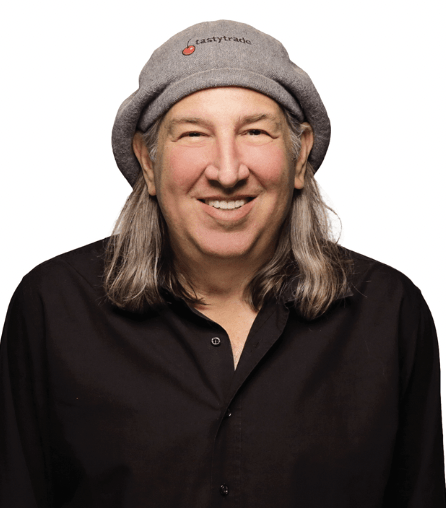
Our argument is, and our research also shows—and this is research that we’ve done on our own customers and on the hundreds of billions of dollars that have come through our platforms over the last 20 years—the people who have the best results are the people who are most active, who trade the most, who participate in
the most underlyings and who make the most decisions.
Jakab: Tom, I have not seen data like that at all, so I would be very interested in seeing it disaggregated. The classic study done on it, you’re correct, was done in the 1990s, but it did not include commissions. So, yeah, commissions were higher then, but it subtracted the effect of commissions. And it separated people into five groups: most to least active. And it was crystal clear that the more active customers did worse.
But there was a more recent study, when commissions were pretty low, of 200,000 retail investors in 2012. During that study, the average return for retail people who didn’t trade options was 5.1% that year. The average return for people—it was a small minority—who did trade options was 1.1% that year. An index fund went up 16% that year.
Sosnoff: I’m not even going to argue the results of the latest study. What I’m going to suggest to you is that people who participate in the markets—whether they are young Robinhood traders, millennials, boomers or whatever they are—every single time that they participate in the markets and they make decisions, as long as they have an emotional and a monetary outcome, what they’re doing is fundamentally changing what we call economic bias.
And there’s a very well published study by the University of Chicago talking about how the number of times you do something specifically in the financial markets changes your economic status over your lifetime dramatically. It changes the way you think, it changes your outcomes, it changes your whole portfolio mentality.
For people who come to tastyworks, these people are holding portfolios where they are doing significantly better than they would have done in a passive environment because they’ve learned how to take risk, they’ve learned how to make fast decisions and they put themselves in a very different spot than most passive investors. And that’s our argument.

